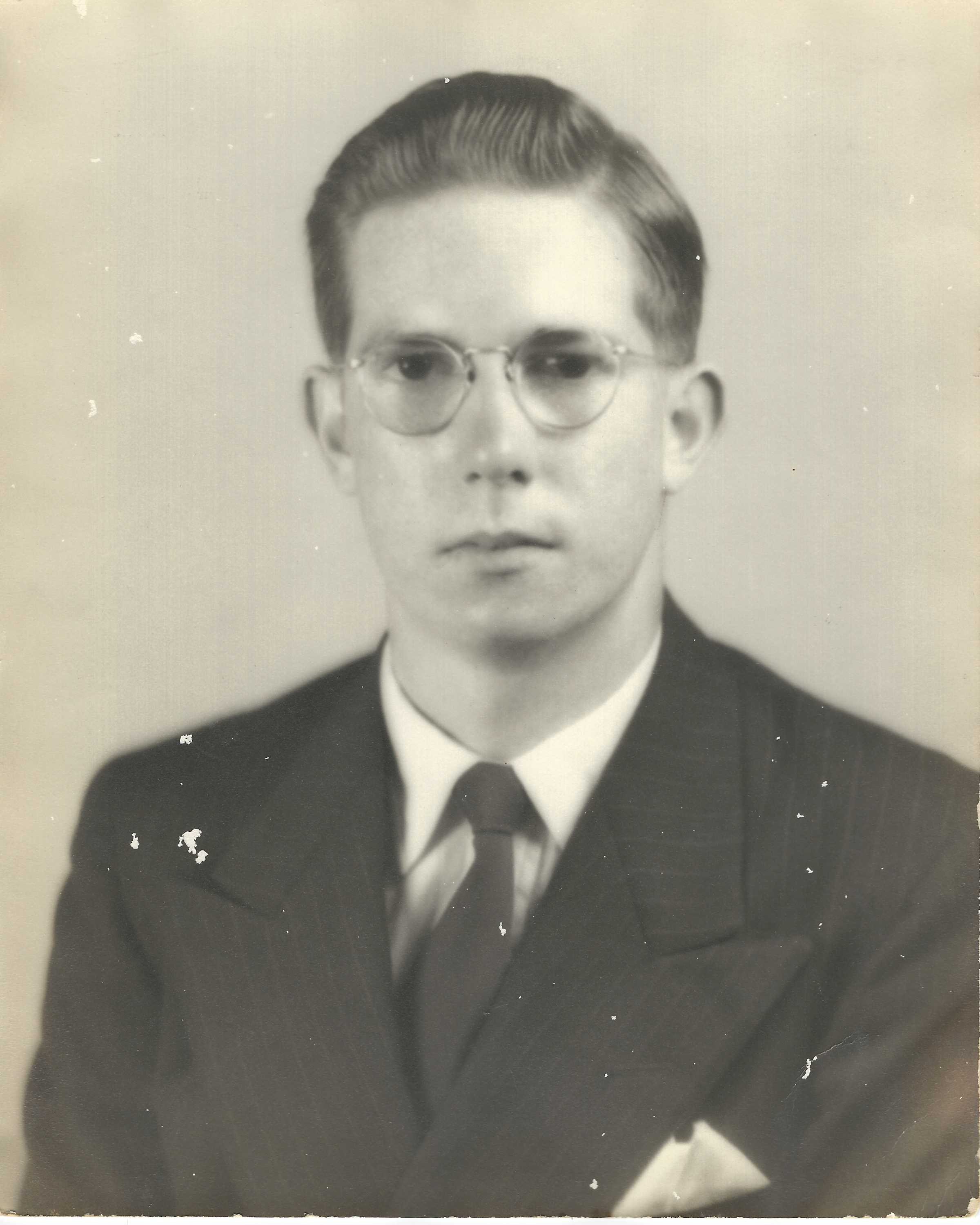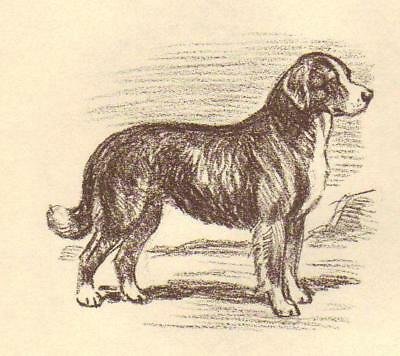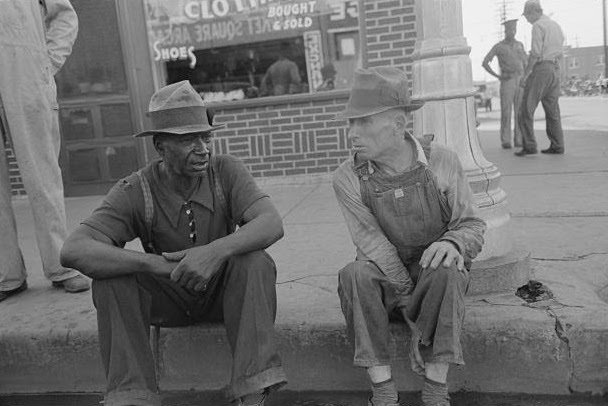1926-1944 – Childhood & Early Influences
Pete is born, the family moves frequently to find work & be with relatives, and eventually settles in Sheridan, Arkansas.
On the brink of the Great Depression, the Baileys moved to Detroit, where Lamar Bailey, Pete’s father, found work with the Otis Elevator company. In the big city, Pete saw his first movie and learned that his dad could sing, as well as run wire. It was also there in Detroit that young Pete first witnessed a contrast to the Jim Crow South.
Between 1931 and 1935, the Bailey family moved from small town to small town, eventually landing in Sheridan, Arkansas. In this time of change and transition, horses and carts shared dirt roads with Ford Model T’s. One constant factor was the prevalent and disturbingly apparent inequality. Observing the racism and prejudice enshrined in laws and traditions heavily impacted Pete, igniting his nascent desire for social change & activism.
When Pete moved with his family to Sheridan, Arkansas in 1935, many of the extended family lived in and around the towns of Sheridan and Hampton in a 56-mile area. Pete’s family was supportive of him, was available to him, at times providing a remarkable example of doing what’s right in a difficult situation.
During this time Pete began to become aware of the importance of words. In his early teens Pete read about Winston Churchill and what he was doing during WWII, he noted the impact that Churchill had with his words and concluded that Churchill saved the world with words, that war does not end war, words do. Pete had the realization that all that Jesus had were words.
Periodically overhearing his mother tell people, “if you want to know the truth, ask Pete,” was a formative element in his life. The repeated statement reinforced the desire in him to remain truthful and honest, and speak with integrity. As a young adult this foundation “and by the grace of God” became his determinant for being able to go out on a limb to speak truth in talks and in the pulpit. Pete found that he had little patience for someone in an influential position – a person who’d know what was right, but was too weak to do it – who was for example on the town or city council, was an intelligent person, but who didn’t do what was right for the people. Preachers who were likewise intelligent, but whose theology taught of a God who’d burn people in hell. Again, words continued to stand out as influential and important to him and were becoming his way to help people.
When Pete entered the ministry he did not desire to become a bishop in the church, he found it important to be actively involved with the congregation, and involved in community issues, speaking out about human need in a relatable manner.



